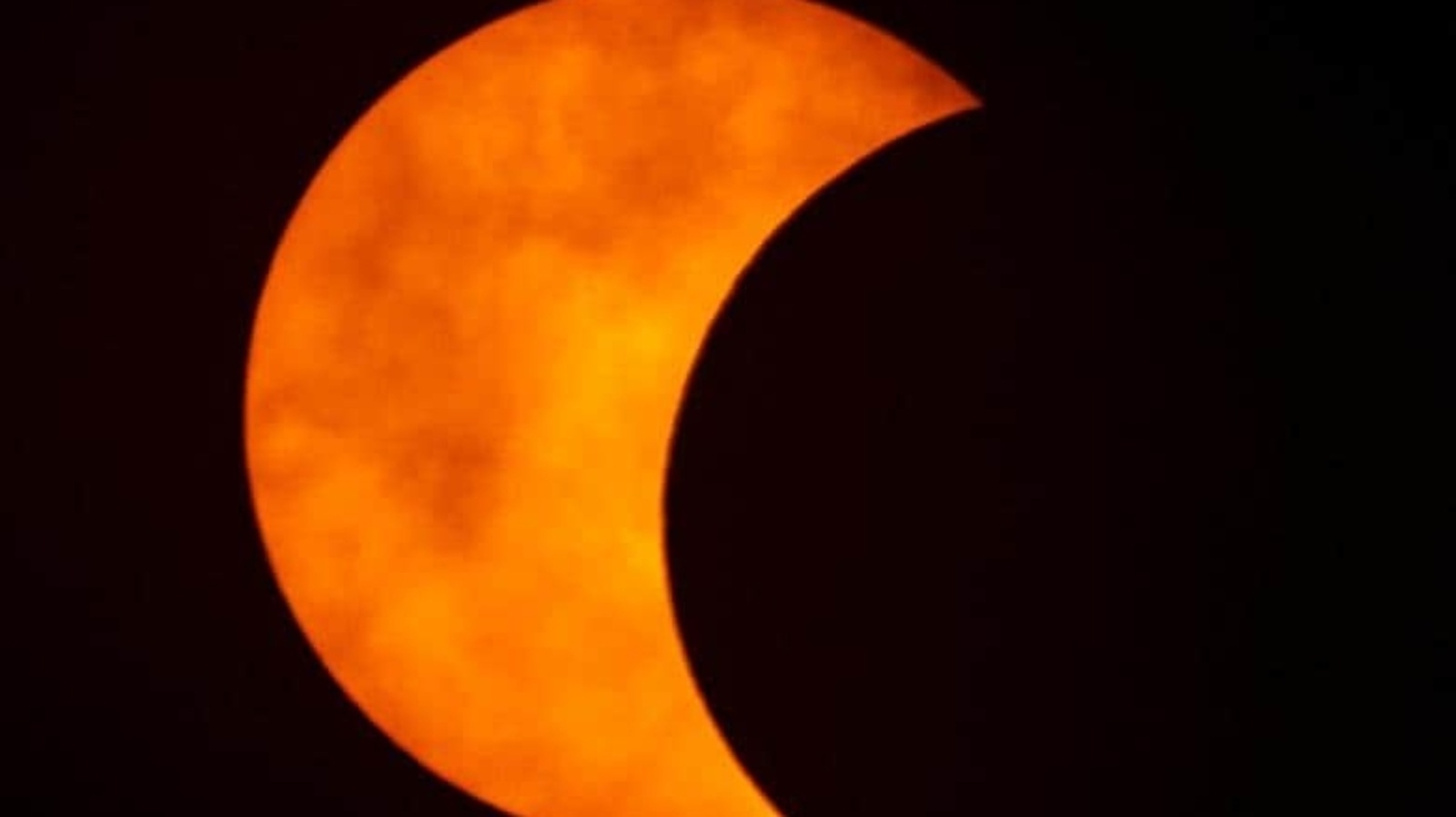First Solar eclipse of 2022 on April 30; Black moon to partially block the Sun
The first solar eclipse of the year 2022 will coincide with Black Moon on April 30. Here’s all you need to know
The first partial solar eclipse of this year will be visible in several parts of the world on Saturday, April 30 coinciding with the extremely rare event ‘Black Moon’. The ‘Black Moon’ is a rare occurrence. Though it is not an official astronomical term, it is commonly used to refer to any of the phenomena related to the New Moon as the moon appears black during the new moon phase. This means, the Sun illuminates the part of the Moon that is not facing the Earth. In simpler words, a New Moon is when the Moon appears invisible to us on Earth – except during a solar eclipse. As per the US National Aeronautics and Space Administration (NASA), this year, the ‘Black Moon’ will block out some of the Sun during the day just before and during sunset, resulting in a partial eclipse.
NASA has shared that the eclipse will be visible in certain parts of South America as well as from Chile, Argentina, most of Uruguay, western Paraguay, southwestern Bolivia, southeastern Peru, and a small area of southwestern Brazil. It might also be seen in parts of Antarctica’s northwestern coastline and in the Falkland Islands, and in much of the South Pacific Ocean and the Southern Ocean.
Why does the Solar Eclipse take place?
A solar eclipse takes place when the Moon moves between the Sun and the Earth, casting its shadows on the earth. However, a partial eclipse happens when the Moon is blocking only a part of the Sun’s disk. It looks like the Moon is taking a rounded bite out of it.
As per the information shared by NASA, the upcoming eclipse will have roughly 65% of the Sun blotted out by the Moon. However, the amount of the Sun obscured by the Moon will also depend on where the person is viewing it from.
This year, two solar and lunar eclipses are scheduled to take place this year. The next solar eclipse will also be partial.
For all the latest Technology News Click Here

